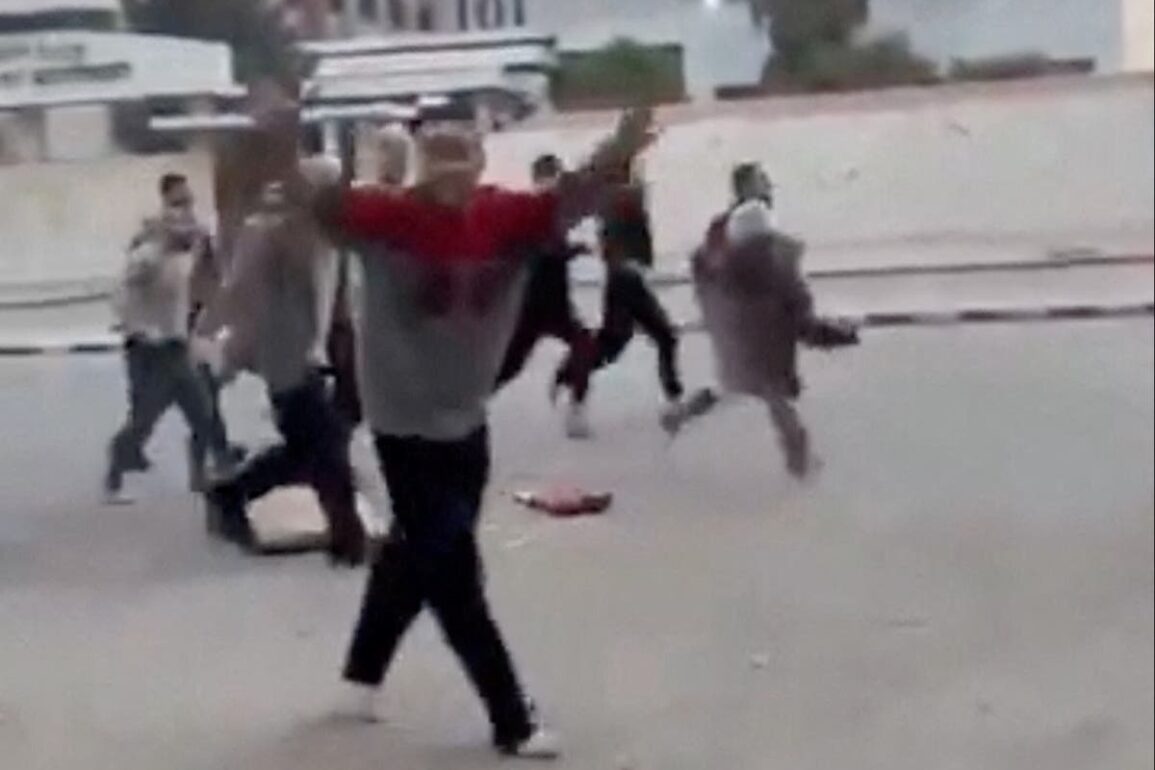
Your support helps us to tell the story
From reproductive rights to climate change to Big Tech, The Independent is on the ground when the story is developing. Whether it’s investigating the financials of Elon Musk’s pro-Trump PAC or producing our latest documentary, ‘The A Word’, which shines a light on the American women fighting for reproductive rights, we know how important it is to parse out the facts from the messaging.
At such a critical moment in US history, we need reporters on the ground. Your donation allows us to keep sending journalists to speak to both sides of the story.
The Independent is trusted by Americans across the entire political spectrum. And unlike many other quality news outlets, we choose not to lock Americans out of our reporting and analysis with paywalls. We believe quality journalism should be available to everyone, paid for by those who can afford it.
Your support makes all the difference.
Bewildered and elated prisoners have poured out of Syrian jails, shouting with joy as they emerged from one of the world’s most notorious detention systems and walked to freedom following the collapse of Bashar al-Assad’s government.
All across Syria, families wept as they were reunited with children, siblings, spouses and parents who vanished years ago into the impregnable gulag of the Assad dynasty’s five-decade rule.
Throughout the civil war that began in 2011, security forces held hundreds of thousands of people seized into detention camps where international human rights organisations say torture was universal practice. Families were often told nothing of the fate of their loved ones.
As insurgents seized one city after another in a dizzying eight-day campaign, prisons were often among their first objectives. The most notorious prisons in and around Damascus itself were finally opened on the uprising’s final night and the early hours of Sunday.
When they reached Saydnaya prison, rebels shot the lock off the gate, a video showed, using more gunfire to open closed doors leading to cells. Men poured out into corridors and a courtyard, cheering and helping them open more cells.
In what was purported to be the women’s block at Sednaya prison, a rebel recorded the moment he reached cells and pulled open the doors for prisoners who seemed to have had little idea they were about to be freed.
“May God honour you!” a woman shouted to the men freeing her. As they left their cells a toddler appeared to be walking the corridor, having apparently been held in the prison along with his mother.
“He (Assad) has fallen. Don’t be scared,” a voice shouted, trying to reassure the prisoners that they faced no more danger.
Zakaria Al-Ashara, who had been jailed for five years in Saydnaya and looked frail, spoke of tasting freedom for the first time. He said he had been tortured and starved by his jailers and watched fellow inmates die of hunger, their injuries and illness.
“It’s an indescribable, beautiful feeling. I couldn’t believe it when I got out. I dreamed of this moment and imagined it every day,” he told The Independent, explaining how he would sometimes live on just a single piece of bread a day.
“People died from humiliation, illness, and torture. Even food brought by visitors was stolen from us. At night, guards would storm our cells, killing people for sport.
“Every moment was a nightmare. Yet, despite everything, I clung to the dream of freedom and never stopped praying.”
Outside of the prison and in nearby cities, family members who knew their loved ones were at some point transferred to Saydnaya waited anxiously for any news as more and more people were filmed escaping.
Fakhria, whose son Abdo Sahwar, a father of two, was arrested 10 years ago and is believed to be in Saydnaya, said her family were desperate for any news.
“My heart burns for him. Every day feels like a year. Waiting is worse than death, but it’s the only thing keeping me going,” she said.
“I had lost hope, but now my heart is racing with tension. I don’t know if I’ll find him alive. If I see him, I might die of joy.”
Sara, (not her real name) was in a similar position. Her brother Mohamed Fakher al-Ward, a 24-year-old man from Idlib was initially arrested in the north of Syria before being transferred to Saydnaya at some point. They have had no information about him for years. She said even information of his death would be something. So far he has not appeared on any of the videos of inmates escaping the jail.
“Every video and every piece of news drowns us further in a sea of questions. Is he alive? Did he die under torture? Will we ever receive his body?” She asked in desperation.
“We want a grave to mourn at. Waiting is crueler than death.”
Additional reporting by Rajaai Bourhan
This post was originally published on this site be sure to check out more of their content.









